Antibiotics used to prevent diseases in livestock are creating a world of hurt for humans and the soil we depend on for food. Bacterial resistance to antibiotics is a global health issue. The overuse, underuse, and poor use of these life-saving drugs is rapidly removing them as a treatment option for serious infections in humans—plus bacteria are naturally adaptive.
The Centers for Disease Control and Prevention (CDC) estimated in 2013 that two million people suffer antibiotic-resistant infections each year, and about 23,000 of those people die.
Antibiotic use in livestock and animals adds to a worsening worldwide problem of multi-drug resistant pathogens. A study from Virginia Tech, published in the Proceedings of the Royal Society B, and supported by the US Department of Agriculture, provides fresh information on the dangers of using preventative antibiotics in livestock. Specifically, antibiotic use in dairy and food animals is already driving the development of resistant pathogens, and spurring changes in the soil ecosystem beneath our feet.
About 70% of the antibiotics used in this country are used in livestock and agricultural concerns, mostly to prevent, rather than treat, animal infections. The story is similar in China, where approximately 84% of antibiotic use is attributed to animal agriculture.
Farm animals, like dairy cows, cattle, pigs, and chickens, are commonly given antibiotics to make them grow faster, gain more weight, and allow them to resist infection in overcrowded conditions. In the Virginia Tech study, scientists evaluated 11 dairy farms across the country where cows are routinely given the antibiotic cephapirin to prevent mastitis, a common infection of the udder.
Despite the known threat of antibiotic resistant pathogens, agricultural use of antibiotics increased 24% in the years between 2009 and 2015, according to a December 2016 report from the CDC.
In a move that is better late than never, the US Food and Drug Administration has restricted use of antibiotics that are used for treating human disease in food animals in early 2017. The new rules intend to halt the use of "medically important" (which means antibiotics used in humans) drugs in livestock for preventative purposes. The rules apply only to antibiotics used by humans and require supervision of a veterinarian if an animal is to be treated with a restricted drug.
A primary threat exists in the shift of bacterial colonies in the soil contaminated with manure. The antibiotic given to the cows, cephapirin, is no longer used for humans, so it is not considered a "medically-important" antibiotic. But it is a first-generation member of a class of antibiotics called cephalosporins. Antibiotics from this group were long used to treat sexually transmitted diseases like gonorrhea, but the infection has become increasingly resistant.
Cephalosporins are still used to treat a diverse number of human respiratory and other infections. In this study, antibiotics in the cow manure triggered dominating populations of a class of cephalosporin-resistant bacteria known as Acinetobacter. This family of bacteria harbors dangerous members that are responsible for healthcare-associated infections (HAIs), and can cause serious respiratory, blood, and other illnesses.
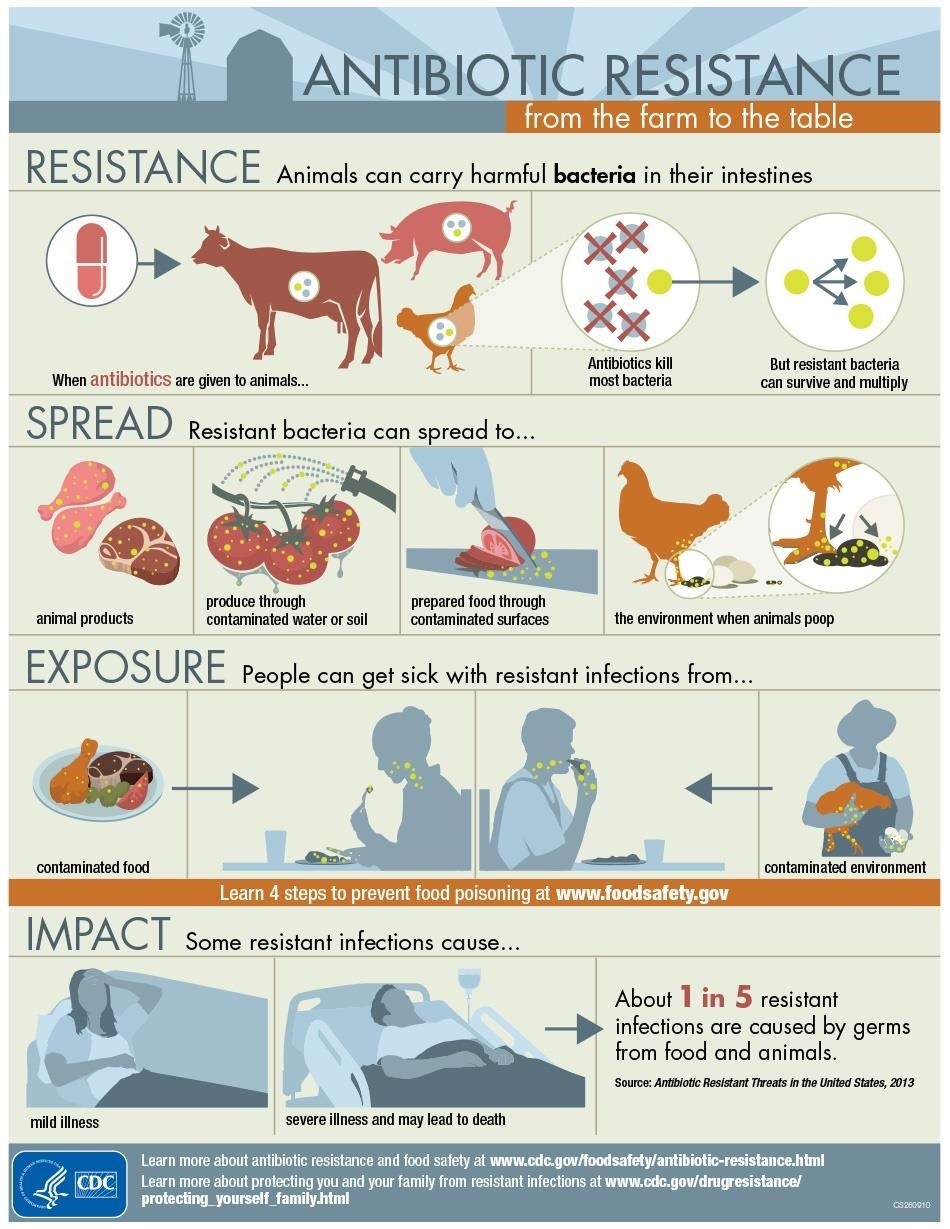
To see how such antibiotic use is impacting the areas around farms, the Virginia Tech research analyzed soil samples from areas where cows and manure were common. Samples were also collected from soils not exposed to manure.
While collecting soil from areas covered with cow pies may seem odd, cephapirin is known to be excreted by cattle given the drug. In evaluating whether the antibiotic was causing changes in the soil, samples contaminated by cow manure were necessary.
Using DNA extraction and assessment tools, the research team developed findings consistent across the sampling sites. Remember, this was not an evaluation of one dairy farm, but more than ten dairy operations across the country. These are important findings from the study:
- Manure from cows given antibiotics cause clear changes in the microbial life in the soil. None of the antibiotic impacts are positive.
- While Acinetobacter is commonly found in soil, the team found that antibiotic-resistant genes were 200 times greater in contaminated soil than in samples not exposed to the manure.
- Manure from dairy cattle given antibiotics not only boosts the possibilities and population of human pathogens in the soil but impacts the function of the microbial communities that live there. As bacteria develop antibiotic resistance, it disrupts their function, causing them to respire, or emit, about twice as much carbon dioxide as they would otherwise, altering the use of carbon in the soil, and adding greenhouse gasses to an already warming world.

One dairy cow can produce about 115 pounds of manure per day. In dairy operations, fresh manure, called green manure, is often applied to croplands as fertilizer. Pharmaceuticals in manure can persist in the soil, altering its microbial composition, and are also taken up by food crops later planted in the treated field.
While composting can diminish levels of hormones and pharmaceuticals, it does not remove these compounds, leaving them to leach into groundwater or streams, contaminate the soil, or become part of your next meal.
The danger to humans from the persistent use of antibiotics in food animals is clear. In a major European review of antimicrobial resistance, released in May 2016, study authors highlight the overuse of medically important antibiotics in animals and propose target goals to reduce and restrict the use of these drugs, as well as promote the education of consumers concerning antibiotics in the foods they eat.
As the global population continues to rise, the land is called on to provide more pasture for livestock and productive soil for agriculture. As noted in the study, an "increase in manure inputs and agriculturally derived antibiotics . . . not only has human health implications but may also have substantial environmental impacts."
Just updated your iPhone? You'll find new emoji, enhanced security, podcast transcripts, Apple Cash virtual numbers, and other useful features. There are even new additions hidden within Safari. Find out what's new and changed on your iPhone with the iOS 17.4 update.



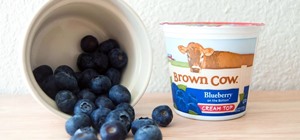

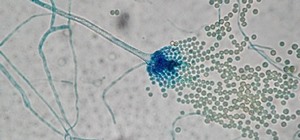

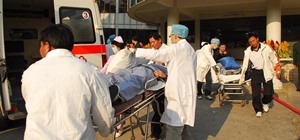
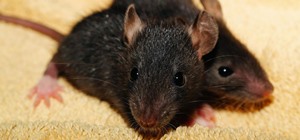
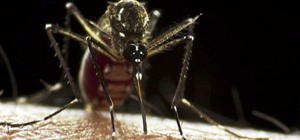
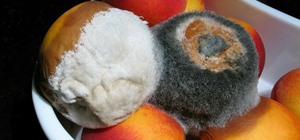

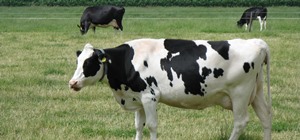


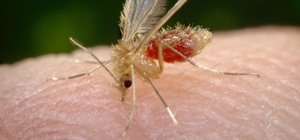




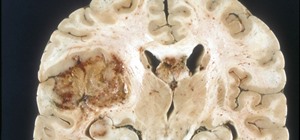
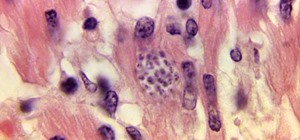


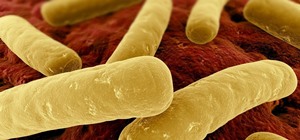
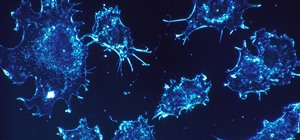
Be the First to Comment
Share Your Thoughts